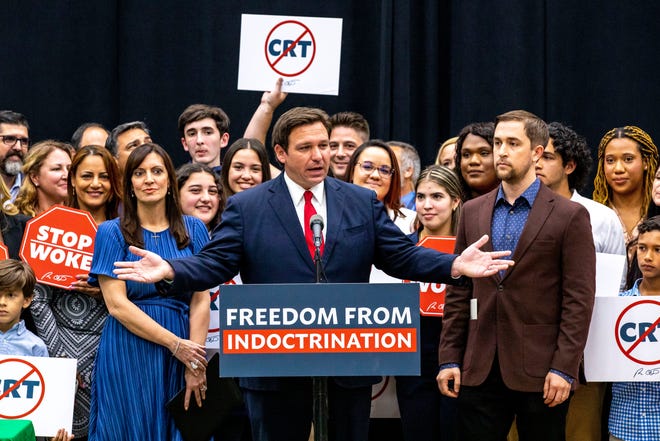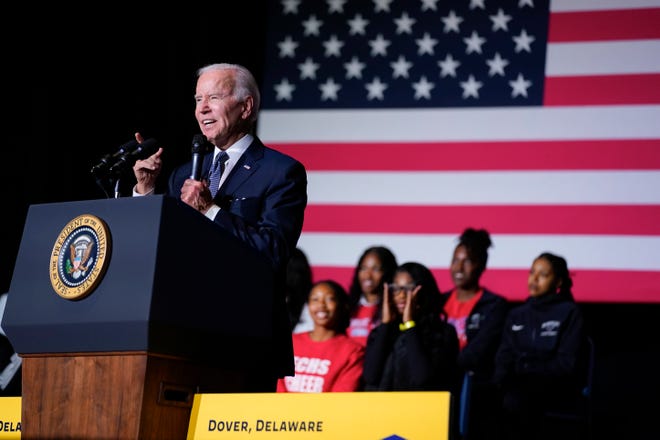During this summer, a team of students from MIT embarked on a journey to the sou …
The central focus in 2024: School choice, book bans, and student loans driving significant change
Jennifer Livingstone
With the COVID-19 pandemic leading to learning loss in schools and heated debates over curriculum, education has become a central issue in the 2024 campaign.
Republican presidential contenders have put forth various proposals for education reform, ranging from expanding school choice programs to completely eliminating the Department of Education.
In recent years, education has become increasingly partisan, with deep divisions between Republicans and Democrats. According to a Pew Research Center survey, 72% of Democrats view public schools positively, while 61% of Republicans see a negative impact.
This polarization is largely centered around curriculum, particularly discussions about critical race theory and LGBTQ+ issues. The focus is now on what is being taught, who controls it, and whose voices are included.
Let’s dive into what the 2024 White House hopefuls are saying about education.
A Radical Change: Republicans Propose Abolishing the Department of Education
One Republican candidate, Vivek Ramaswamy, a biotech entrepreneur, has pledged to eliminate the Department of Education if elected president. Ramaswamy believes in “quantum-leap change” rather than incremental reforms.
However, education experts like Jennifer Steele argue that dismantling the Department of Education is not a realistic solution. The department plays a crucial role in providing financial aid, addressing discrimination complaints, and other essential tasks.
Ramaswamy is not alone in proposing the eradication or downsizing of the department. Previous Republican leaders like Donald Trump, Mike Pence, Ron DeSantis, and Doug Burgum have expressed similar ideas.
Many Republican voters share this dissatisfaction with the Department of Education. A survey by Pew Research Center found that 65% of right-leaning respondents hold an unfavorable view of the agency.
Ramaswamy’s proposal aligns with the GOP’s long-standing support for school choice policies. School vouchers, which use tax dollars to cover private school tuition or other educational services, are a key aspect of this approach.

Championing Parents’ Rights: GOP Candidates Focus on Empowering Families
Republican candidates are also emphasizing parental rights as a crucial issue in education. Ron DeSantis, the governor of Florida, has been a prominent advocate, enacting the “Parental Rights in Education” law. This law restricts instruction on gender identity and sexuality in K-12 schools.
Other candidates like Nikki Haley and Tim Scott are also prioritizing parental authority in education. They promote the freedom for parents to choose between public, private, or charter schools.
While school choice programs have gained traction in urban areas, implementing them in suburban and rural regions poses logistical challenges. It’s often not feasible for parents to switch schools easily, according to experts.

A Different Priority: Education in a Second Biden Administration
While Republicans focus on issues like the Department of Education and parental rights, President Joe Biden’s administration has prioritized student loan forgiveness. Biden has faced legal challenges in his efforts to alleviate the debts of many borrowers.
Biden has also criticized Republican-led initiatives such as the “Don’t Say Gay” law and book bans in schools. He argues that these actions can create hostile environments for LGBTQ+ students and may violate civil rights laws.
Jill Biden, the first lady and a former educator, has similarly spoken out against book bans, advocating for full transparency in the classroom.
The conversation around education has become increasingly divided, with Republicans

